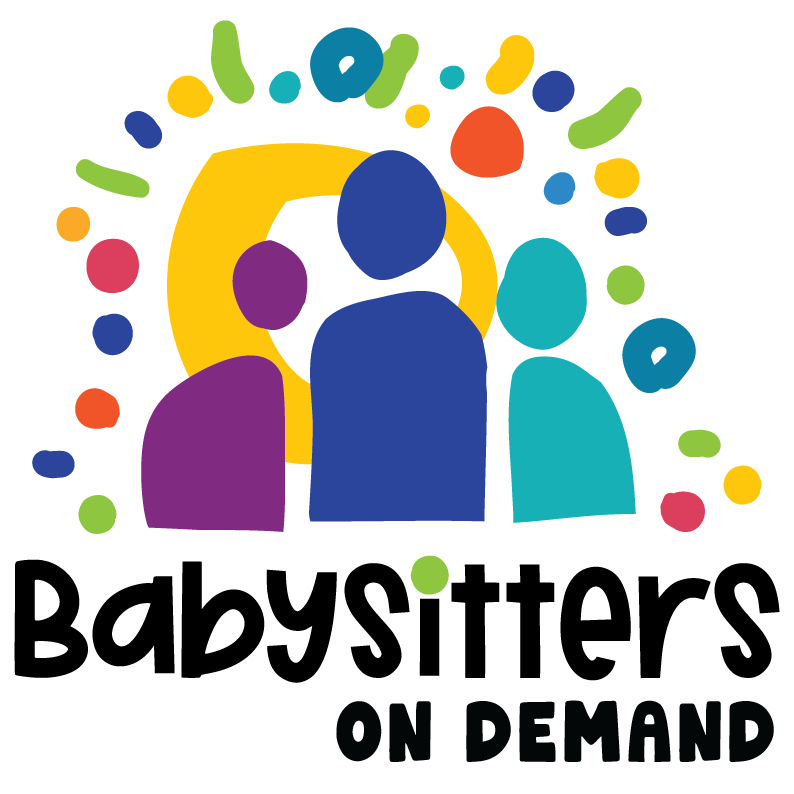Have you ever wondered what children are doing when they are playing? Do you ever say “oh they are just playing.”Children learn best when they are having fun, and they are more likely to be having fun when they are playing.Children’s learning potential is at their best when they are free to learn at their own pace and in their own way.
What is Play?
Well play based learning is described by the EYLF as a ‘context for learning through which children organize and make sense of their social worlds, as they actively engage with people, objects and representations (EYLF, 2009, pg 46).But what is play, play is hard to define as there is a number of theories and types of play.Can you describe what play is?
Play provides the most natural and meaningful process through which children are able to construct knowledge and understanding of the world around them.
Play based learning uses a child’s innate desire to participate and engage in experiences based on what they are interested in.These experiences help to strengthen and develop a broad range of skills such as social, emotional, gross and fine motor, communication, cognitive development and more.When children engage in and initiate play, they develop and strengthen these dispositions for learning such as curiosity, concentration and creativity.
Play provides opportunities for children to extend upon and improve their fine and gross motor skills.It helps to develop imagination and creativity.It provides a platform in which to practice social and emotional skills.Long periods of uninterrupted play build upon children’s concentration skills and motivation to take responsibility for their own learning and provides a positive sense of self that is important for facilitating ongoing learning.It allows children to develop the essential social and emotional skills as negotiation skills they will require for life when interacting with and sharing space with peers.They learn to work together collaboratively with others to complete tasks.
When children are playing, they are manipulating objects, acting out roles or experimenting with different materials seeing cause and effect and they are engaged in learning through play.Play experiences allow children to actively construct, challenge and expand their own understandings of how things work and problem solve through these experiences and therefore making connections to prior experiences and opening up the door for new learning.
Play based learning uses intention and enables children with support and on their own to investigate, ask questions, problem solve and develop and engage in critical thinking.
Examples of learning through play can be seen with the child running outside or playing with a ball.These experiences for example show a child practicing and refining their gross and fine motor skills and spatial awareness skills as they find their way around their environment.
When a child engages in creative arts they are strengthening their fine motor skills, cognitive and problem solving skills and developing important social skills through interaction with their peers.
When a child engages in construction be puzzles, blocks and more, they are developing mathematical skills, size, shape, colour, problem solving, social skills and more.
In essence, learning through play is the primary way children are making sense of the world around them and how they belong to it.
